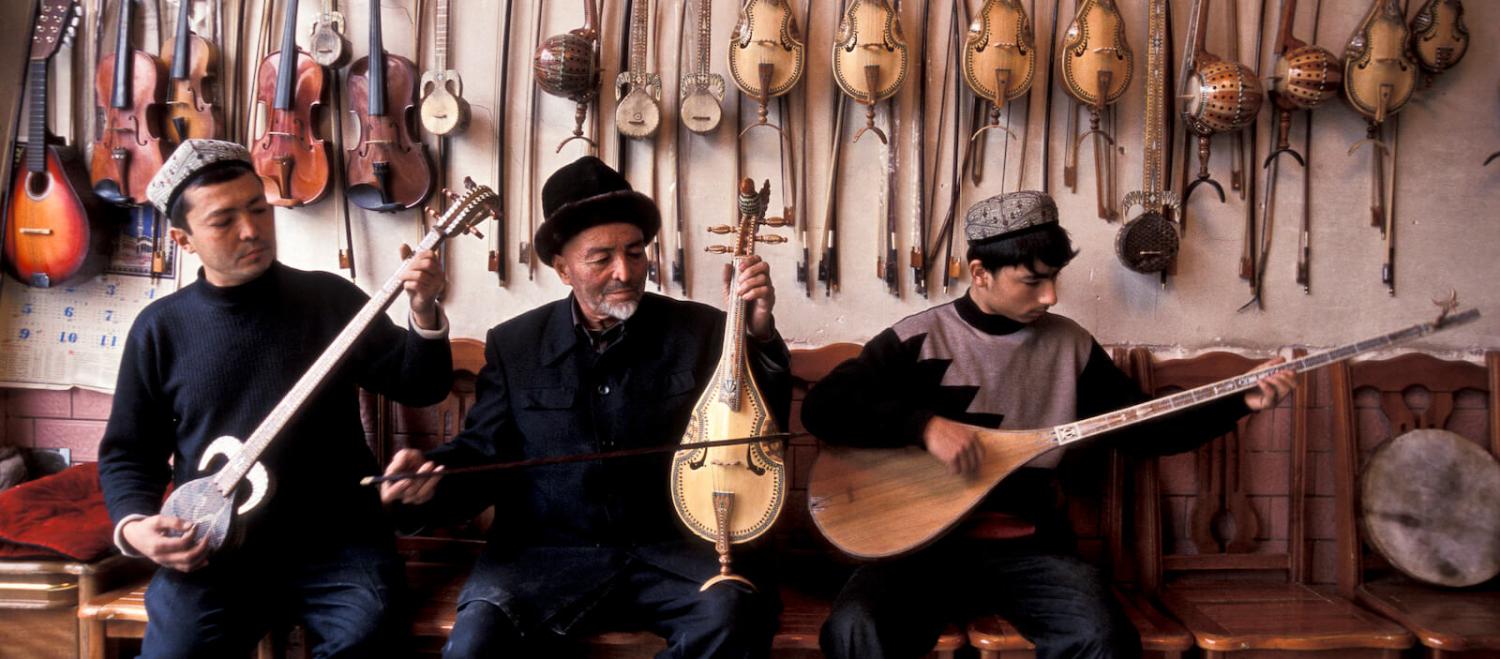The week that was on The Interpreter.
Turmoil in Australian politics has led to yet another new foreign policy team and caused cancellations of important prime-ministerial visits. Alan Gyngell:
But there have been losses. Time matters in the diplomatic business in order to master the complicated briefs, to establish the sort of contacts both Malcolm Turnbull and Julie Bishop used so well, and to make judgements about your key interlocutors. Carefully planned prime ministerial visits to Malaysia, Thailand and Vietnam, as well as to the Pacific Islands Forum in Nauru, were cancelled when Turnbull fell.
Annmaree O’Keeffe on China and Australia’s aid commitments in Papua New Guinea:
The majority of Chinese aid is in the form of loans that will have to be repaid, while Australia’s aid is entirely grant aid – no repayments required. The thorn attached to Australian aid is that it insists on conditions needed for good sustainable development. Chinese aid is tied with demands that the Chinese-funded projects be implemented by Chinese firms and workers. So, little to no work goes to locals, resulting in little to no skills transfer, but the PNG government gets a big bill to be paid sooner rather than later.
Kumuda Simpson explains new terminology in the sustainable development debate – green and blue growth:
Not everyone is comfortable with the way blue-green terminology has evolved. The focus has shifted away from the interdependence of human and non-human nature towards a new economic language, whereby the benefits from nature can be quantified and monetised.
US Secretary of State Mike Pompeo and Secretary of Defense James Mattis visited New Delhi last week for meetings with their counterparts in India – Foreign Minister Sushma Swaraj and Defence Minister Nirmala Sitharaman. Stuti Bhatnagar:
Notwithstanding the recent enthusiasm, there also exist potentially significant spoilers for the partnership. Reports of US President Donald Trump’s mimicking the speech of the Indian Prime Minister Narendra Modi, and a frosty meeting between the two in Manila in November last year, present something of a personal hurdle. And at a strategic level, India’s need to balance its interests between the US, China, Russia, as well as maintaining relations with regional partners such as Iran, are also a significant factor.
David Brewster on Japan’s strategic investments in the Bay of Bengal:
Japan has long had a clear understanding of the strategic significance of the Bay of Bengal – that it has a similar importance to the Indian Ocean as the South China Sea does in the Pacific.
El Salvador is the latest country to break diplomatic relations with Taiwan. Jason Lim:
The Chinese government is clearly using extreme cheque-book diplomacy to pull Taiwan’s allies away. Whether Chinese financial assistance or investments will be put to good use in these countries is questionable.
China has agreed to build an extension of the railway system within Tibet to the Nepalese border. Stuart Lau:
To South Asia experts in China, this railway means more than the hundreds of projects under the umbrella term, “One Belt, One Road”. For decades, Nepal, the landlocked Himalayan country, sandwiched between Asia’s two most populous nations, had been on New Delhi’s side in the India-China contest for regional influence, due to cultural and historical proximity.
Maya Wang on a recent Human Rights Watch report on Beijing’s policy in majority-Muslim Xinjiang province:
Xinjiang’s crisis is symptomatic of the deepening repression across China under President Xi Jinping. Its global power has largely protected it from international scrutiny, and a failure of concerned governments to push back against this repression will only embolden Beijing at home, and abroad.
On 10 September China’s most famous billionaire, Jack Ma, announced plans to step down as head of Alibaba. Elliott Zaagman:
It is often rumoured among the Chinese tech community that Jack Ma has not had as positive of a relationship with China’s current political leadership as he did with those who were previously in power, in contrast with Tencent chairman Pony Ma, whose subdued, steady demeanor appears to be more to Beijing’s liking.
Russian and Chinese armed forces converged on eastern Siberia for Moscow's largest-ever military exercise – Vostok-18. Matthew Sussex:
The two nations do not trust each other, and the Kremlin is under few illusions that Beijing sees Russia as anything other than a junior partner, buffer zone and convenient resource appendage in any future relationship. But they have not arrested the pace of Sino-Russian ties, which remain based on a coincidence of interest that continues to firm up.
The al-Assad regime in Syria is turning its attention to Idlib, a largely rebel controlled province in the country’s northwest. Rodger Shanahan:
Syrian ground forces may be allowed to chip away at parts of Idlib in bite-sized pieces so that the pressure builds incrementally while negotiations with factions and Ankara continue. Rebel control of Idlib is less likely to end suddenly with a bang than with a steady military campaign of airstrikes and limited ground assaults.
